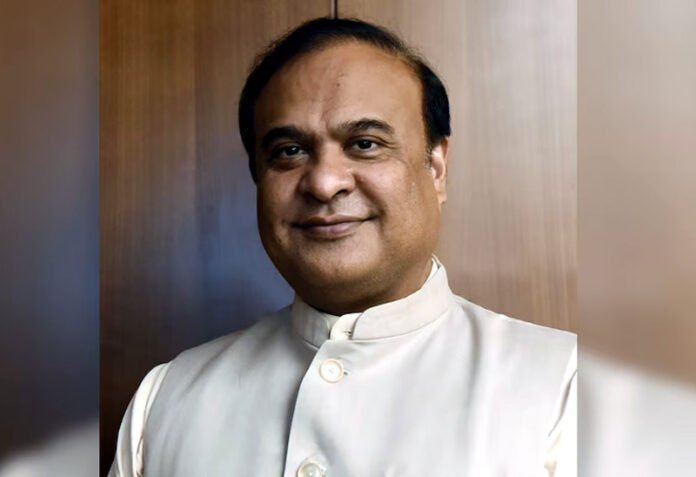The Assam government is set to introduce significant legislation and policy changes in the upcoming Autumn Session of the Assembly, as announced by Chief Minister Himanta Biswa Sarma during a press conference following a cabinet meeting.
One of the most notable proposals is the introduction of the Assam Compulsory Registration of Muslim Marriage and Divorce Bill, 2024. This bill aims to ensure that all Muslim marriages and divorces are registered with the government, marking a departure from the previous system where registrations were managed by Kazis.
Chief Minister Sarma emphasized that the bill will also address the issue of underage marriages. Under the new legislation, marriages involving minors will be prohibited, a move intended to combat child marriage. The registration of marriages will be handled by the Sub-Registrar’s Office, and while the bill will restrict the role of Kazis in the registration process, it will not impose limitations on the wedding rituals followed by the Muslim community.
The forthcoming Assam Compulsory Registration of Muslim Marriage and Divorce Bill, 2024 will replace the Assam Muslim Marriages and Divorce Registration Act and Rules of 1935, which previously allowed underage marriages under certain conditions. The Repealing Bill 2024, also to be presented during the Autumn Session, will formally abolish this outdated legislation.
In addition to these measures, the Chief Minister outlined other cabinet decisions. The government plans to create micro tribal belts in SC and ST villages located outside the existing tribal belts. A ministerial committee has been established to identify suitable areas for this initiative.
Furthermore, the Assam government will amend the Assam Land Revenue & Regulation Act, 1886 to safeguard historic structures and their surrounding areas. The new provision will protect iconic structures that are at least 250 years old, along with a five-kilometre radius around them. This measure will restrict land transactions in these protected areas to individuals who have resided there for three generations.
The initial focus will be on preserving the Satra (Vaishnavite monastery) areas of Batadrava, Barpeta, and Majuli, with the potential to expand the protection to additional areas in the future. Notably, the entire district of Majuli will be covered under this provision.
On the poverty alleviation front, the ‘Orunodoi’ scheme, which provides Rs 1,250 monthly to women’s accounts, will see an expansion. Chief Minister Sarma announced that 10,000 new beneficiaries will be added from each of Assam’s 126 assembly constituencies, increasing the scheme’s reach to more than 42.5 lakh households. This expansion is based on recent surveys indicating that 10-12 lakh people remain outside the scheme’s coverage. Finance Minister Ajanta Neog had previously mentioned in the state budget for 2024-25 that an additional 2.5 lakh beneficiaries would be added to the existing 27 lakh recipients.
These legislative and policy changes reflect the Assam government’s commitment to addressing key social issues and enhancing welfare programs for its residents.


